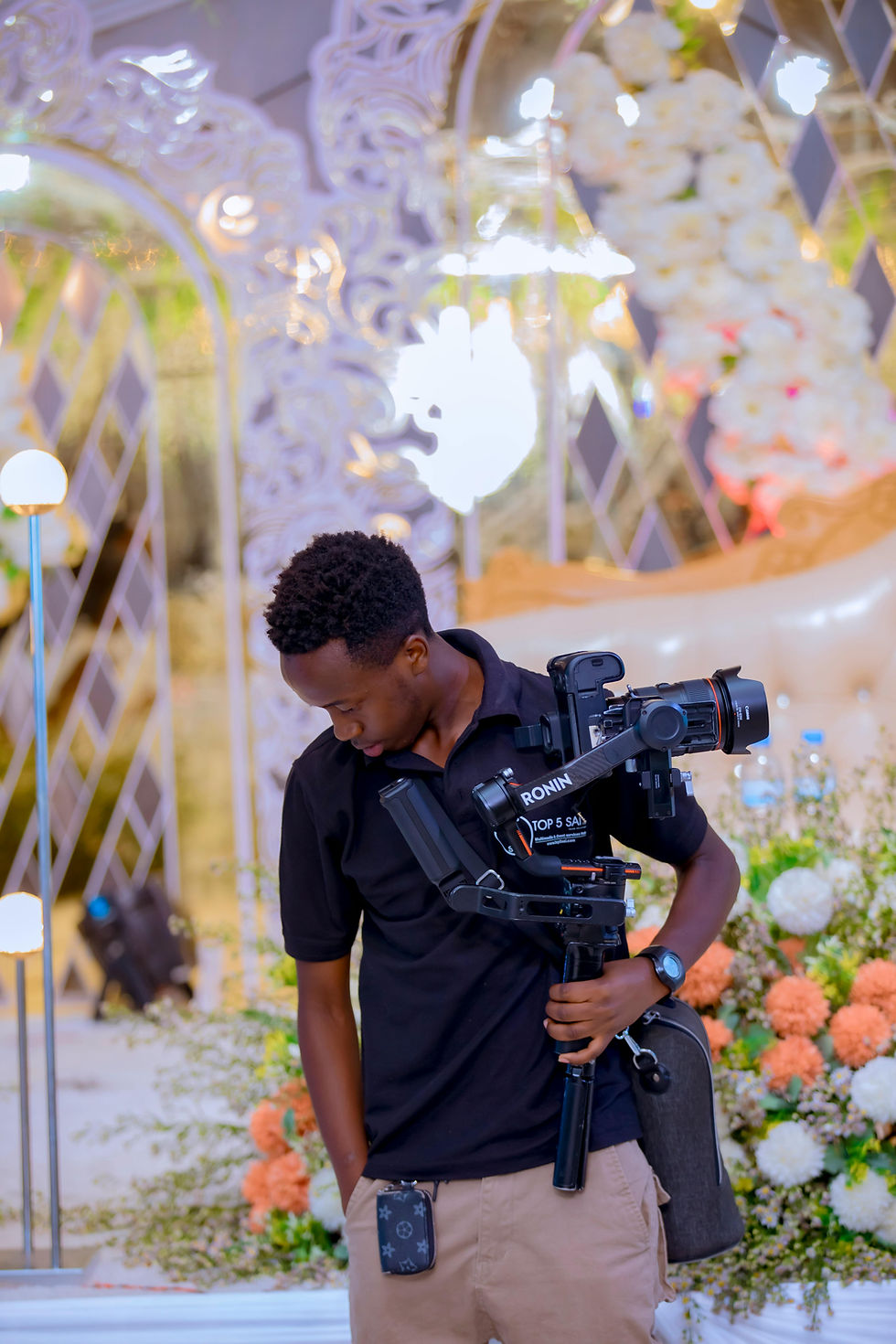How to choose a Black-owned wedding photography business in New Orleans: vetting portfolios, culture fit, contracts
- Chad Populis

- Nov 1, 2025
- 2 min read

New Orleans weddings blend culture, tradition, and celebration. Choosing a Black-owned wedding photographer who understands that rhythm can elevate your story.
Where to start
Search terms:
“black-owned wedding photographer new orleans,” “african american wedding photographer,” plus your venue name.
Directories and communities:
Local Black-owned business lists, vendor collectives, NOLA wedding groups, Instagram location tags.
Word of mouth:
Ask planners, makeup artists, and bands who they love working with.
Vetting portfolios
Look for representation:
Full galleries with a range of skin tones and hair textures, especially in low light and church settings.
Traditions:
Evidence of second lines, call-and-response church moments, sorority/fraternity rituals, money dances, and family formals with elders.
Lighting mastery:
Night streets, courtyards, stained-glass churches, and colorful DJ lighting handled with consistency.
Culture fit
Ask how they approach family, elders, and clergy. Do they understand church protocols and timelines?
Do they discuss hair/makeup timing for natural styles, lace fronts, and beard grooming?
Are they comfortable directing large multi-generational groups efficiently and respectfully?
Business essentials
Contract clarity:
Hours, overtime, backup plan, assistance/substitution, usage rights, and delivery timeline.
Insurance:
General liability and gear coverage—many venues require proof.
Backup workflow:
Dual card shooting, multiple backups, and a disaster plan during hurricane season.
Questions to ask
Can we see two full galleries from venues like ours?
How do you light second lines and dance floors while preserving melanin-rich skin tones?
What’s the plan if weather shifts or the timeline runs late?
How do you handle retouching for different skin tones and textures?
Choosing the best black wedding photographers New Orleans is about both artistry and alignment. When you see your culture reflected in their work—and feel respected in the process—you’ve found your match.

$50
Product Title
Product Details goes here with the simple product description and more information can be seen by clicking the see more button. Product Details goes here with the simple product description and more information can be seen by clicking the see more button

$50
Product Title
Product Details goes here with the simple product description and more information can be seen by clicking the see more button. Product Details goes here with the simple product description and more information can be seen by clicking the see more button.

$50
Product Title
Product Details goes here with the simple product description and more information can be seen by clicking the see more button. Product Details goes here with the simple product description and more information can be seen by clicking the see more button.




Comments